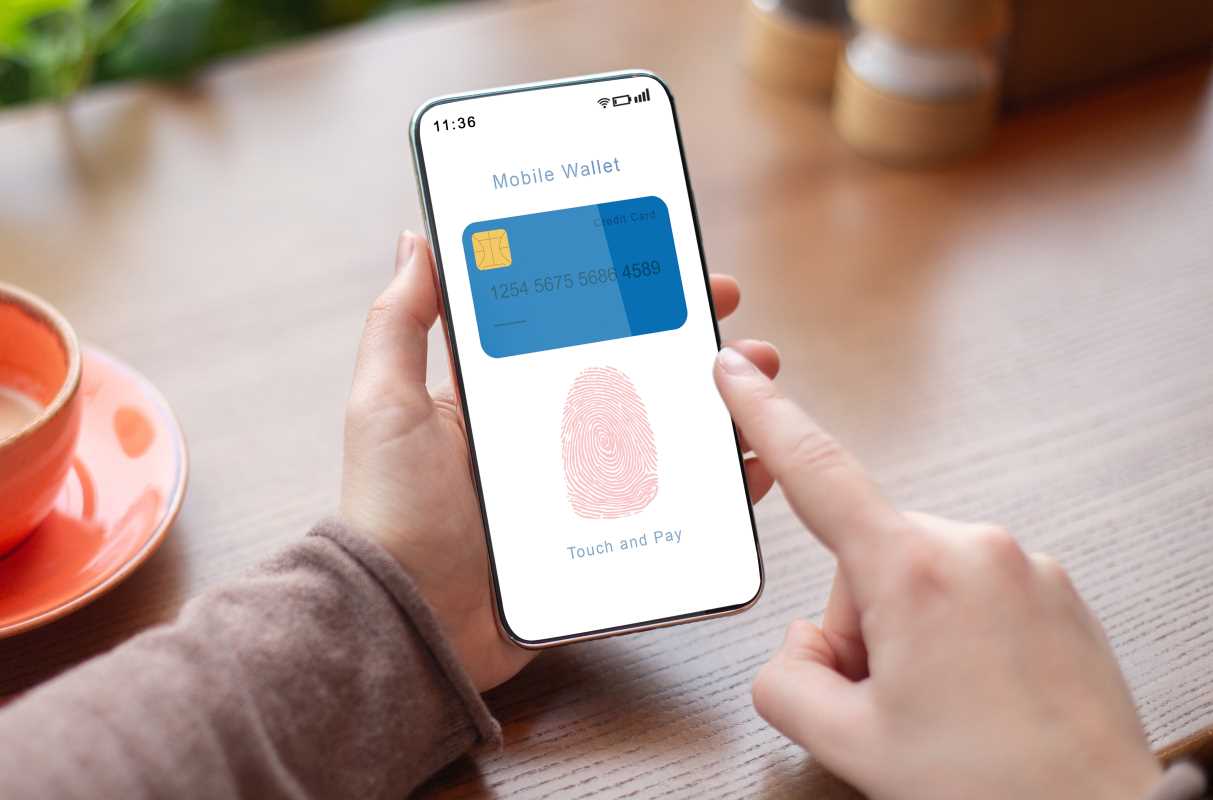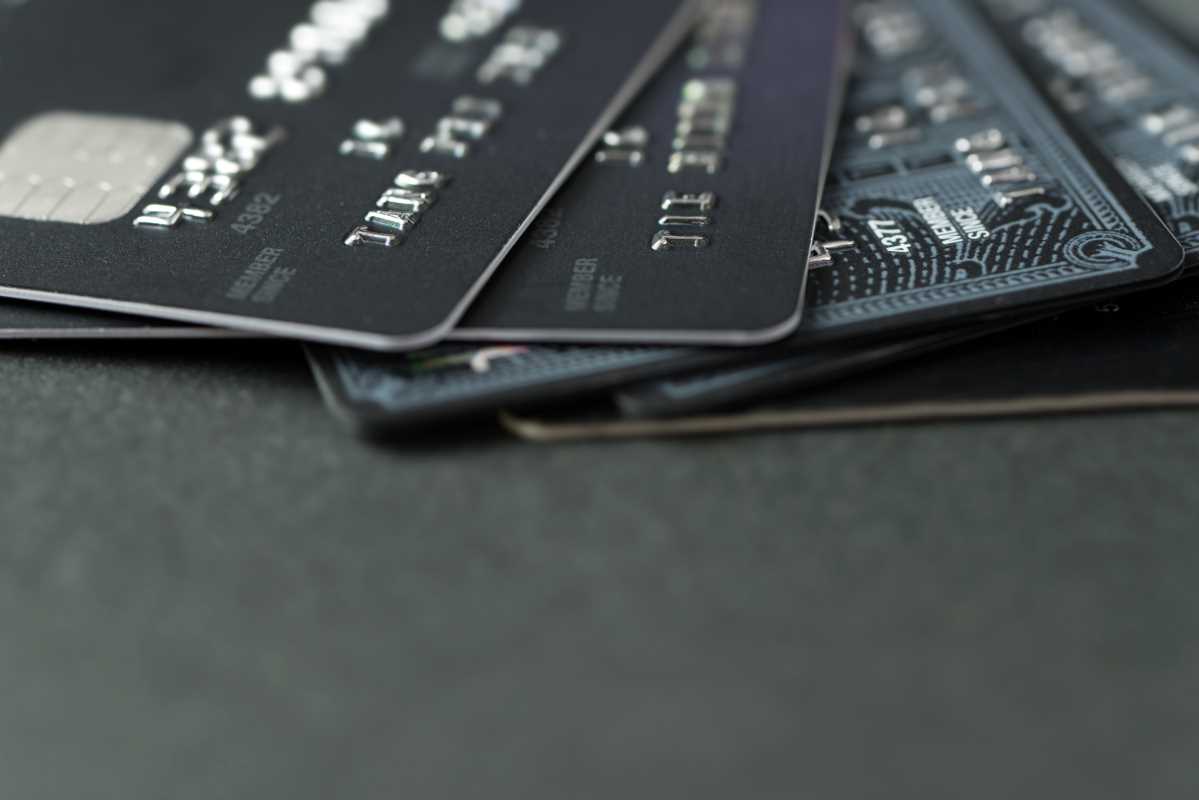Building credit when you’ve hit a rough patch can feel like an uphill battle, especially if you want to avoid going deeper into debt. High-interest loans and credit card balances aren’t the only options to rebuild your financial standing. There are practical, low-risk ways to boost your credit score without taking on debt. A strong credit score opens doors to better housing, loans, and even job opportunities. This guide will walk you through ten specific ways to rebuild your credit while maintaining financial stability. Starting over or building from scratch, these tips will provide you with an actionable path to financial recovery.
1. Use a Secured Credit Card Wisely
Secured credit cards are a safe way to rebuild credit without risking debt. They require a refundable security deposit, which acts as your credit limit. If you deposit $300, you’ll have a $300 limit. By only spending what you can pay off in full each month, you avoid interest charges. The card issuer reports your positive payment history to credit bureaus, helping raise your score steadily.
Look for secured cards with low fees and the ability to graduate to a traditional unsecured card after consistent payments. Avoid carrying a balance by treating it like a debit card rather than a credit card.
2. Become an Authorized User
Family and close friends with good credit can help boost your score by adding you as an authorized user on their credit card. This doesn’t involve any borrowing on your part. Your credit report will benefit from their positive payment history and lower credit utilization, both of which are key factors in determining your score.
Make sure the person adding you to their account uses their card responsibly. A missed payment on their end could hinder your progress, so choose someone with a solid credit history.
3. Pay Your Bills on Time
Timely bill payments are one of the most straightforward ways to improve your credit score. Utility bills, rent, and phone payments don’t always show up on credit reports, but many services now allow you to add them. Services like Experian Boost can automatically include your utility and phone bill payments in your credit history, giving you credit for what you’ve already been doing.
Set reminders or schedule automatic payments to never miss deadlines. A single late payment can stay on your credit report for up to seven years, so consistency is key.
4. Open a Credit Builder Loan
Credit builder loans are designed specifically to help people build credit. Rather than giving you the loan upfront, the lender deposits the loan amount into a savings account. You make fixed, monthly payments until the loan is paid off. At the end of the term, you get the money back, minus any interest or fees.
What makes these loans powerful is that every on-time payment gets reported to credit bureaus. Credit unions and small community banks often offer these loans with low fees, making them accessible.
5. Keep Credit Card Balances Low
If you already have credit cards, keep balances low relative to your total credit limit. Credit utilization is the percentage of available credit you’re using, and keeping it below 30% will improve your score. Carrying a $100 balance on a card with a $500 limit means using 20% of your credit.
Pay off balances in full each month or make small payments throughout the month to keep your credit utilization low. High balances, even those below your limit, can negatively impact your score.
6. Try Rent Reporting
Rent payments are often one of the biggest monthly expenses, yet they rarely appear on credit reports. Signing up for rent reporting services can make a difference. Platforms like RentTrack or LevelCredit allow you to report on-time rent payments to major credit bureaus, helping you build credit history responsibly.
Before signing up, confirm that your landlord participates or that the service can report independently. This is a powerful way to gain credit-building benefits without adding anything to your debt.
7. Consider Applying for a Store Credit Card
Store credit cards are often easier to get than general-use credit cards, as they typically have lower approval requirements. Use one to make small, manageable purchases and pay the bill off in full each month to avoid high interest rates. These cards can be a stepping stone to better credit while giving you access to occasional store discounts.
Start with a retailer where you frequently shop to keep purchases practical. Avoid overspending just to gain rewards, as this could quickly derail your progress.
8. Check and Dispute Credit Report Errors
Reviewing your credit report regularly is essential for maintaining accurate information. Mistakes like accounts you didn’t open, payments marked as late by mistake, or outdated balances can harm your score. The Fair Credit Reporting Act allows you to dispute any inaccuracies directly with credit bureaus.
Access your free credit report once a year through AnnualCreditReport and examine it closely. Disputing errors is free, and correcting them can instantly improve your credit.
9. Avoid Closing Old Accounts
Old credit accounts in good standing can help boost your score by contributing to the length of your credit history. Even if you aren’t actively using them, keeping these accounts open shows lenders you have a long track record with credit. Closing them reduces your available credit, which can increase your overall credit utilization percentage.
For cards you no longer use, consider putting a small recurring expense, like a streaming subscription, on autopay to keep the account active. Just be sure to pay it off monthly to avoid interest charges.
10. Use Peer Lending Platforms
Peer lending platforms like Self or MoneyLion provide an alternative way to build credit. These platforms typically offer small, manageable loans designed specifically for credit improvement. Funds are often disbursed into a savings account, allowing you to build credit while saving money.
Your payments are reported to credit bureaus, helping establish a positive history. Unlike traditional loans, these programs are much more accessible for those with poor credit and don’t require a long banking history.
 (Image via
(Image via

.jpg)



